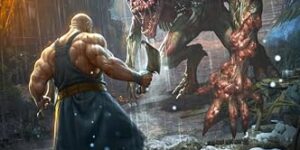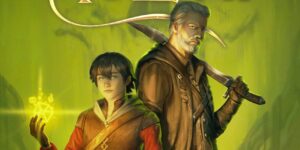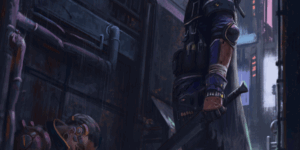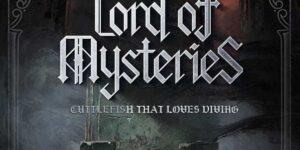Mother of Learning by Domagoj Kurmaić (nobody103) is a rare example of serial fantasy fiction that delivers both the promise of its high-concept premise and the depth of fully realised storytelling. At over 800,000 words, spread over four arcs, it’s not a casual read, but for those willing to invest, it rewards attention with an impressively coherent, thoughtful, and satisfying narrative.
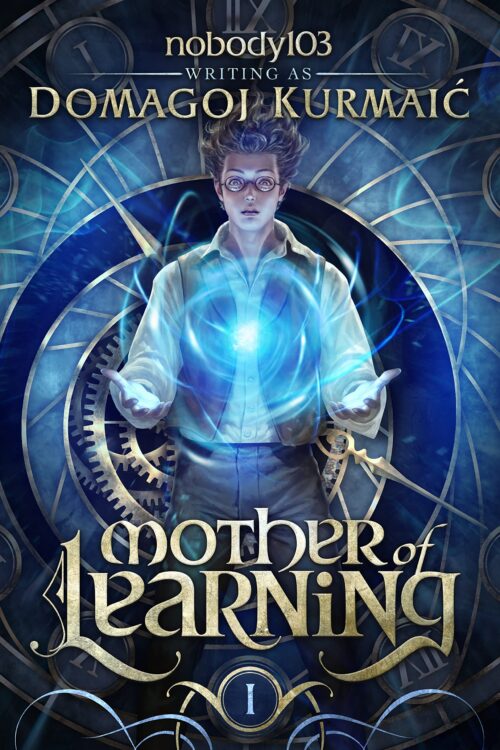
Mother of Learning Review
The premise is deceptively simple: Zorian Kazinski, a quietly ambitious, somewhat prickly student mage, finds himself trapped in a time loop that restarts each month upon his death. But where many stories might use that setup as little more than a gimmick, Mother of Learning treats it as an engine for real narrative and thematic exploration.
One of the novel’s great strengths is how rigorously it treats the consequences and opportunities of a time loop. Zorian’s progression isn’t a series of convenient level-ups or “chosen one” revelations; instead, it’s the result of cumulative effort, planning, and adaptation. He learns not just spells and combat tactics, but languages, social skills, empathy, and how to navigate the vast complexities of his world. The time loop is not simply a cheat code, but a crucible that forces growth.
Zorian himself is a noteworthy protagonist precisely because he begins as difficult to like. He is closed-off, resentful, and laser-focused on self-interest, with good reason given his family dynamics. The loop exposes these flaws but also gives him the space to address them in a way that feels earned. Over countless loops he endures, his arc is a subtle but deeply satisfying study in emotional and moral development.
Supporting characters are treated with similar care. The inherent limitations of the loop, where most people “reset” every month, might seem like it would stifle meaningful relationships, but Kurmaić finds clever ways around this, particularly with characters who share the loop or those with whom Zorian chooses to invest his time. The result is a cast that remains distinct, consistent, and far richer than typical fantasy archetypes.
The worldbuilding is another standout. The author has constructed a sophisticated magical setting complete with layered history, political intrigue, non-human species, and a detailed, internally consistent magical system. Information is delivered carefully, avoiding the temptation of infodumps, and allowing the reader to piece things together alongside Zorian. It is, quite simply, exemplary in its discipline and clarity.
Stylistically, Mother of Learning is accessible and polished. The prose is unadorned but effective, with a focus on clear description and a consistent narrative voice. It’s not flashy, but it doesn’t need to be; the complexity comes from the ideas and structure, not unnecessary ornamentation.
If there is a caveat for new readers, it is that the story demands patience. The early chapters can feel deliberate to the point of slow, and Zorian’s cold personality may be off-putting at first. But these are deliberate choices that pay off tremendously over time, reinforcing the sense of genuine character development.
Ultimately, Mother of Learning is one of the most ambitious and successful works of online fantasy fiction on Royal Road. It is rigorous in its logic, emotionally resonant, and consistently avoids the easy narrative shortcuts that so often weaken genre stories. For readers willing to invest the time, it offers not just entertainment, but a masterclass in structure, pacing, and character growth.
Highly recommended for readers who appreciate intelligent fantasy that respects their ability to follow complexity and rewards them for it.
If you’re a fan of long, character-driven slice-of-life webnovels with a time loop, you might also enjoy reading my review of The Vengeful Scribe.


